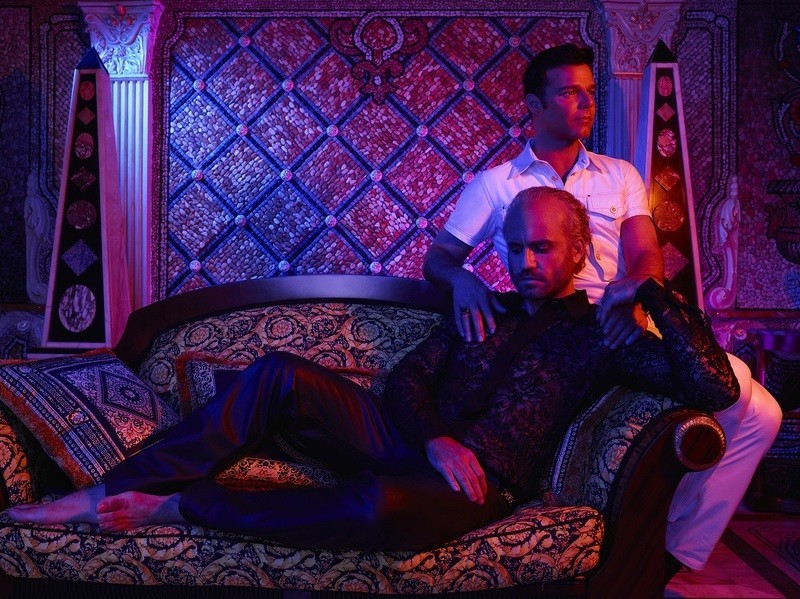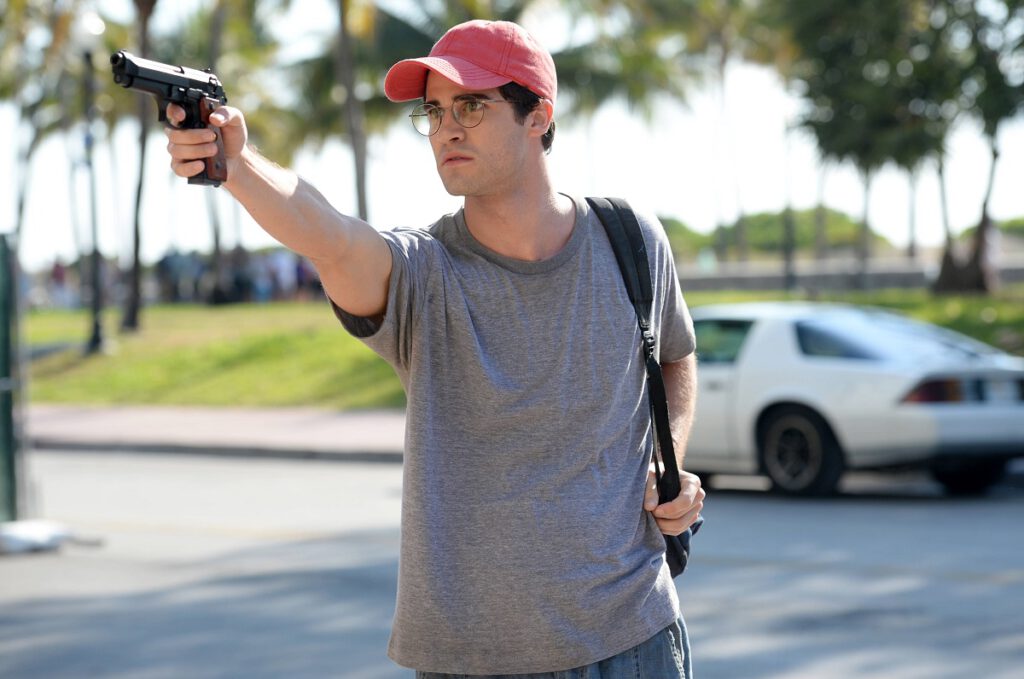2016’s “American Crime Story: The People vs. OJ Simpson” was a television event, one of the most accomplished series of that entire year. With an incredible ensemble, creator Ryan Murphy proved he had yet another act in him after the popularity of his “American Horror Story” started to wane. Of course, people started asking about a follow-up before “People” was even over, and Murphy revealed that he was working on a version of “ACS” that would chronicle the disaster around Hurricane Katrina. On paper, it sounded like one of the most ambitious mini-series in TV history, and it may still be as it will now reportedly be the third season of Murphy’s creation. After having some trouble getting that one into production, Murphy rallied his collaborators and went to Florida, producing this week’s “American Crime Story: The Assassination of Gianni Versace.” The result is a less sprawling, ambitious piece than we may have gotten in New Orleans (also when compared to season one) but it’s still an impressive drama, one that plays with themes that have fascinated Murphy throughout his career. Featuring less star power than “OJ” but a few stellar performances of its own, “Gianni Versace” will be a tougher sell to casual viewers, but those who go along for this journey into the world of a sociopath will be dramatically rewarded.

On July 15, 1997, Andrew Cunanan shot fashion legend Gianni Versace outside of his home in Miami, Florida. He was already on the FBI’s Most Wanted list at the time, having committed four other murders around the country on his way to Florida. After extensive investigations, a clear motive was never completely found, allowing Murphy and his writers to dive deep into Cunanan’s past with a bit of creative license.
We do know that Cunanan was a chameleon and a con artist. He would regularly change his appearance and tell people elaborate stories about his background and professions. Murphy captures him as someone obsessed with image but hollow on the inside, and he contrasts him with a designer who created imagery from his soul. “Assassination” is at its most ambitious when drawing these parallels about the power of reputation and image. Andrew says in episode six, “For me being told no is like being told I don’t exist.” She may be speaking about the success of the family fashion line but Donatella Versace practically echoes Andrew the next episode when she states, “We must be talked about or we are nothing.”
“The Assassination of Gianni Versace” is structured in a very daring way, even if I’m not yet 100% sure that structure adds anything thematically. It essentially travels backwards, episode by episode. So, we open with the murder of Gianni Versace (Edgar Ramirez) and the events that followed thereafter as the cops searched South Florida for Andrew, played by Darren Criss. As the season progresses, we see how Andrew and Gianni got here, like reading the chapters of a book in reverse. For example, episode three gets us to the murder of Lee Miglin, a Chicago power player who Andrew killed just before leaving for Florida. Episode four, the best of the eight sent for review, features Andrew and his unrequited love David Madson (the nearly show-stealing Cody Fern, a very-likely future star) on a nightmarish trip that would end in David’s death, just before Andrew went to Chicago to find Lee. And so on. By the time we get to episode eight, directed by Matt Bomer, we’re in Andrew’s childhood, learning about how his father’s behavior may have influenced his own. And this reverse journey finds time to intercut episodes of Gianni’s life, such as coming out to The Advocate with his partner Antonio D’Amico (Ricky Martin), or clashing with his sister Donatella (Penelope Cruz) about a business decision.

Narratively, a lot of “Gianni Versace” rests on the shoulders of Criss, and he doesn’t always carry the weight. Playing a rage-filled, morally hollow character like Andrew Cunanan would be difficult for any actor, but there’s an inconsistency to this performance, especially in the early episodes. Again, I’m not sure the reverse chronology helps the entire production other than by the time we see Andrew in episode four speaking to Jeff Trail and David Madson, we know he’s insane. However, it creates a disjointed timeline overall, which makes the character harder to understand or for Criss to play. And it leads to the feeling that the overall thematic cohesion of the piece is just out of reach. So while there are plenty of great moments, scenes, even episodes to recommend, I’m not sure it all ties together.
Ultimately, watching “American Crime Story: The Assassination of Gianni Versace” is a series of very Murphy-esque gives and takes. It is a show that feels both bloated and gorgeous. Yes, there’s a part of your brain that will say, “This might have worked better as a movie of two hours instead of a series of nine,” but another, bigger part will be enjoying the performances and production values enough not to care. In that sense, it’s similar to the fashion world it attempts to capture—so pretty you don’t care how much it costs.












